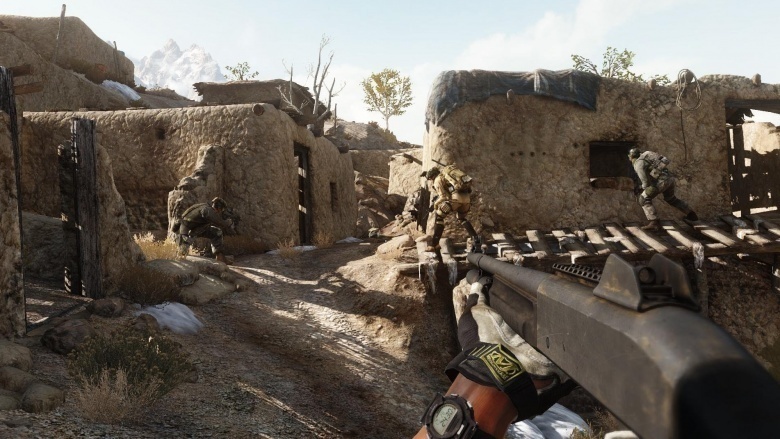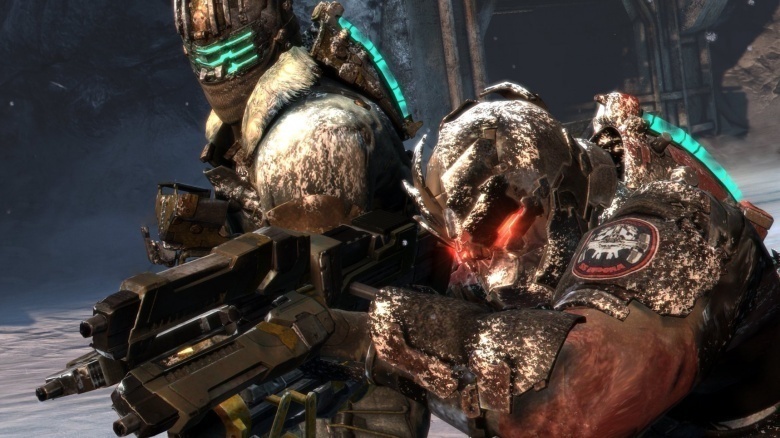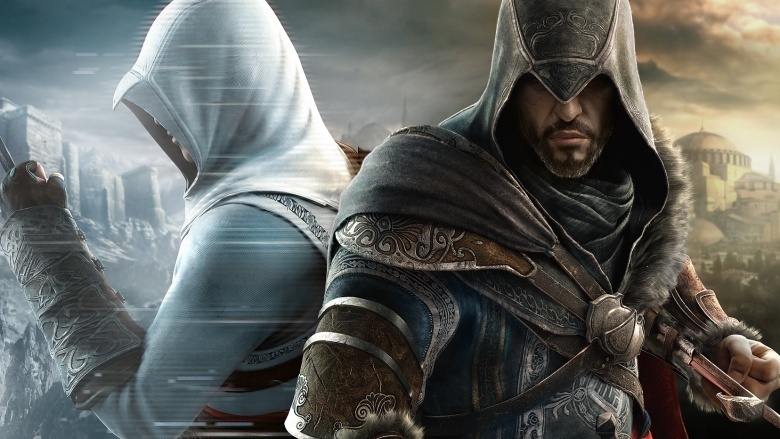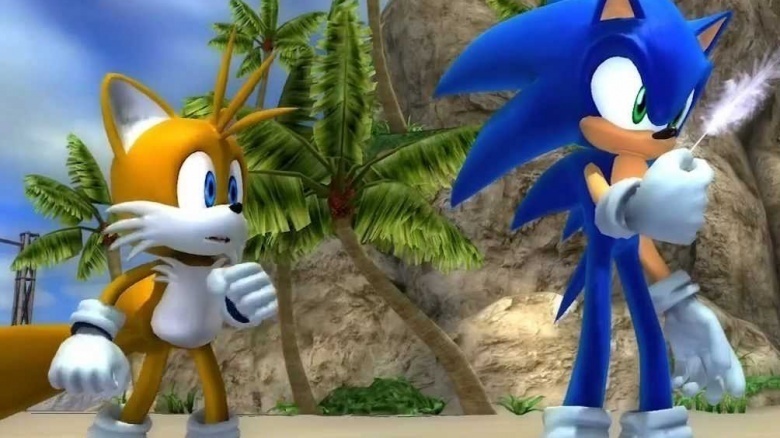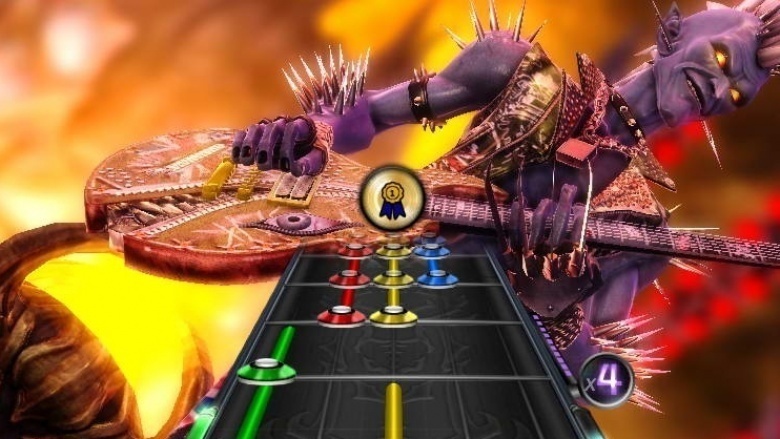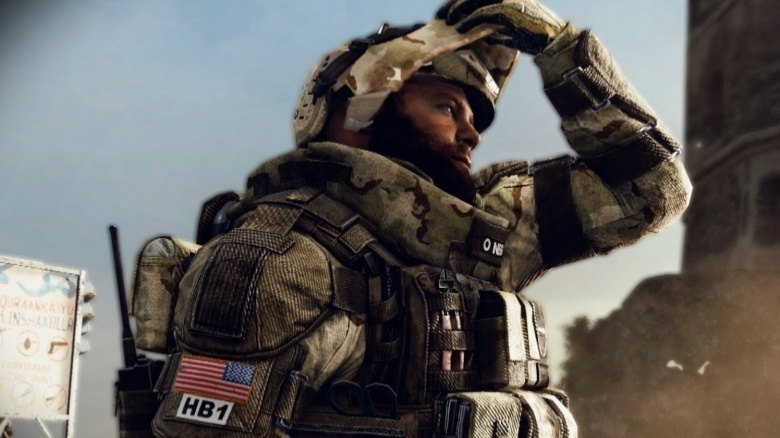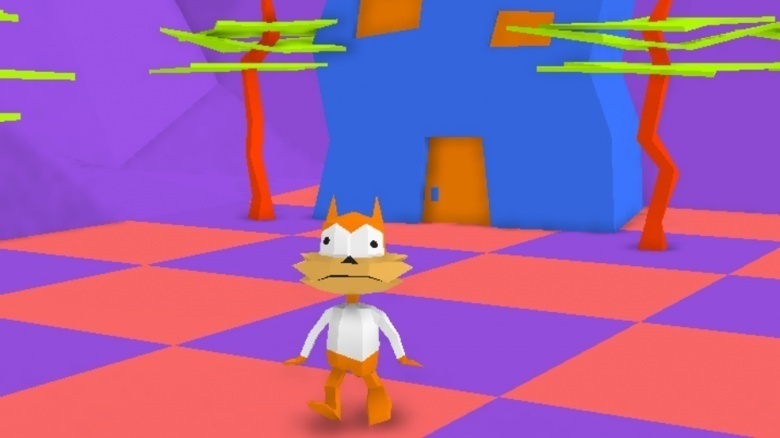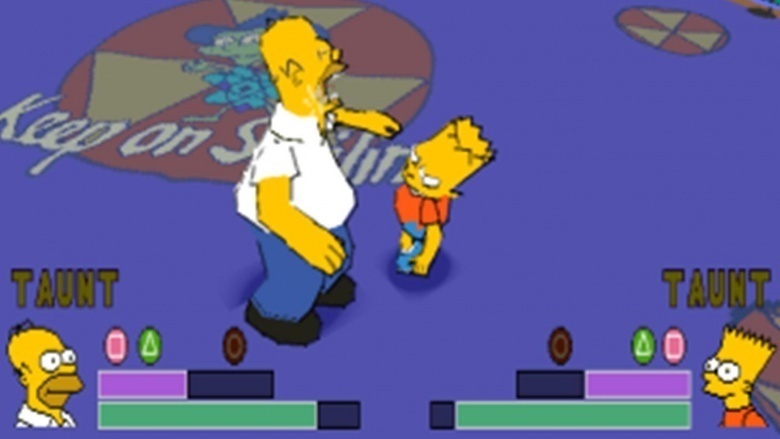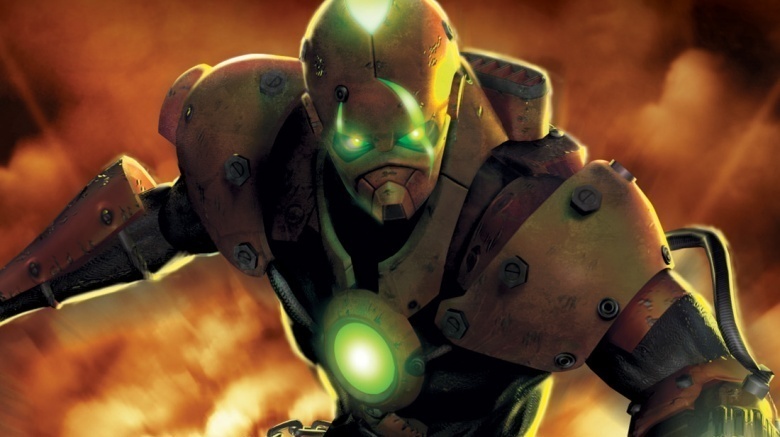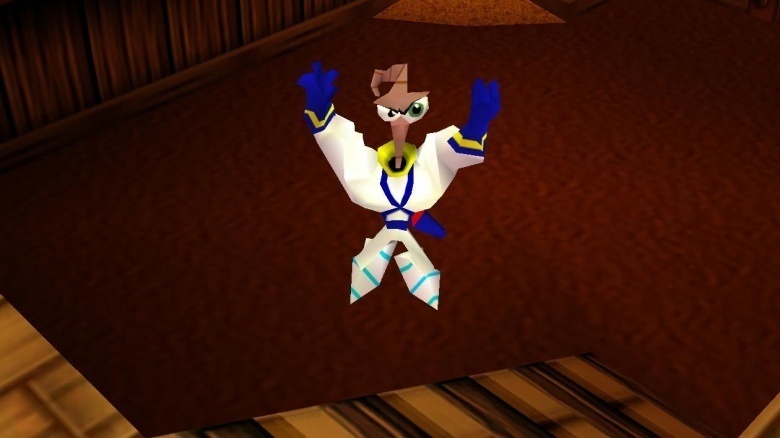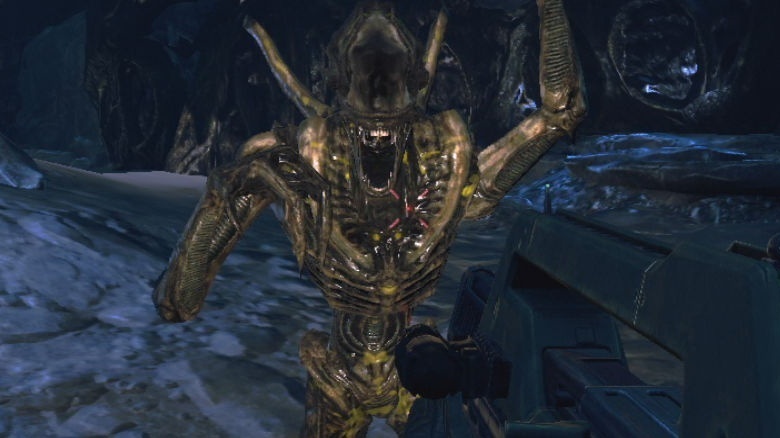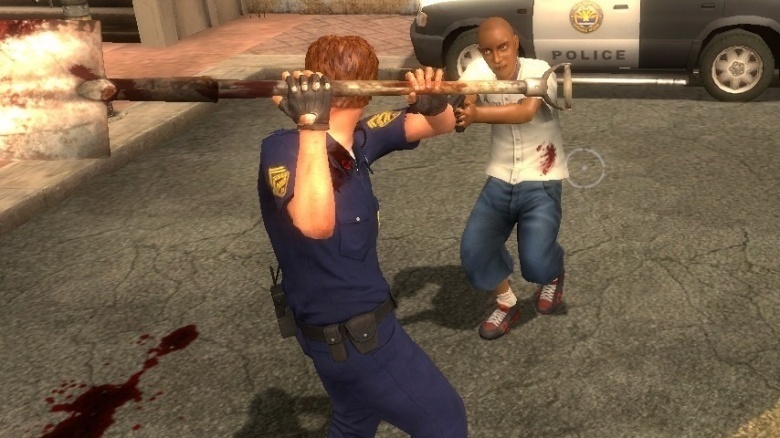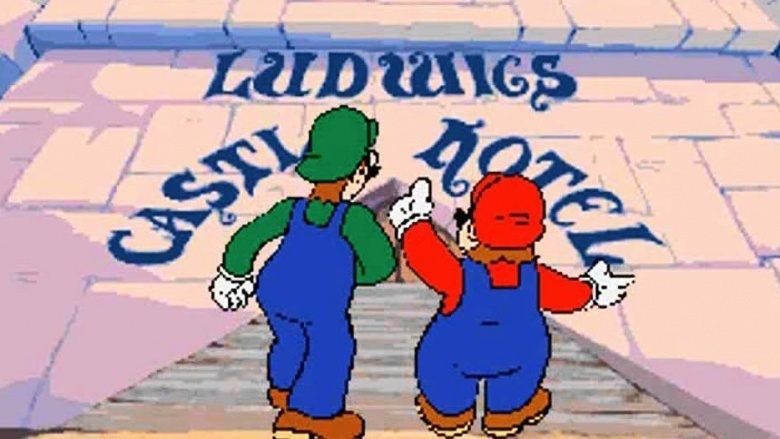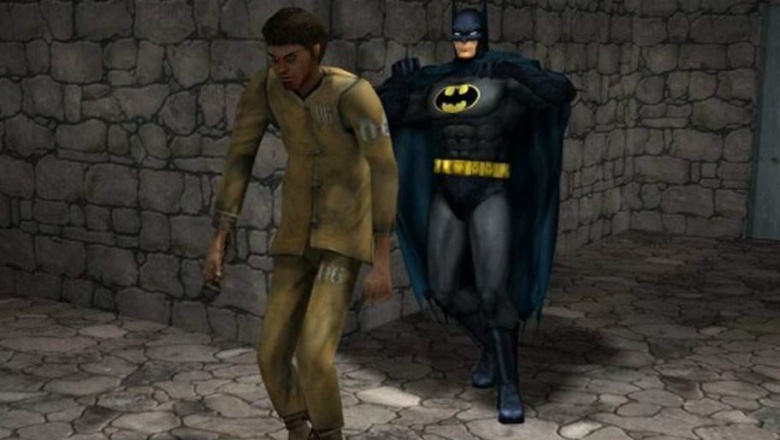Video Games That Ruined Their Franchises
The video game industry is one built on the backs of its intellectual properties. Like movies and books, it's a space that draws heavily on solid sequels and creative new ideas. However, not all sequels surpass the greatness of their predecessors, and a select few of them mark the beginning of the end for their franchises. Let's revisit some of the worst.
Dead Space 3 (2013)
When Electronic Arts and Visceral Games released the original Dead Space in 2008, it legitimized the action-horror genre. From its innovative dismemberment mechanics—where disposing of an enemy required players to shoot multiple limbs—to its gritty survival horror atmosphere, it remains one of the most treasured new intellectual properties of its console generation.
When Dead Space 2 came along, it was more of the same, but with a slight tilt towards action, and less towards survival horror. The game was filled with thoughtful puzzles, a gruesome story, and lots of corridor shooting—but it lost some of the luster that made the first game so gripping for many players.
Dead Space 3 was a chance for EA to return the series to its rightful roots and hoist it back atop the survival horror throne. But instead of doing that, the publisher doubled down on the action-heavy, cutscene-driven, heartless pace of Dead Space 2, and effectively slammed the last nail in the game's rapidly closing coffin. But at least you can play with a friend... that's cool, right?
Assassin's Creed Revelations (2011)
Assassin's Creed is a series of high highs and low lows. It came out swinging as a franchise with the release of the original Assassin's Creed for the early days of the Xbox 360 and PS3, showcasing stunning visuals and AI technology. Then Assassin's Creed 2 was a breakout success that became the new template for sequels going forward. Assassin's Creed: Brotherhood further refined the enhancements made in AC2, but didn't advance the series too far in any particular direction.
As the years went by, and sequels became more frequent, the games stagnated. Assassin's Creed Revelations, released just one year after the release of Brotherhood, earned middling reviews. It felt small in scope and lacking in personality or a meaningful conclusion. It was but a lifeless blip in what had been an otherwise stellar line of games released to that point. The series has largely suffered since—the only notable entry being the widely loved Assassin's Creed 4: Black Flag. Everything else? Meh.
Sonic The Hedgehog (2006)
If there's an award for Most Ruined Video Game Franchise, Sonic the Hedgehog might just take the cake. The Sonic franchise isn't bad just because of all the meaningless, cardboard cut-out characters that sport the mental capacity of a wet mop. It's not just bad because of the endless stream of sequels that have struggled and gasped for relevance in a time where sassy video game mascots just don't sell video games like they used to.
The fact is that Sonic the Hedgehog as a series has suffered in so many immeasurable ways. And while some may argue this drop in quality may have begun with the Sonic Adventure entries on the Sega Dreamcast, those games were, for their time, still respectable, if not in some ways very bold. The 2006 reboot is really where the well got poisoned. It features creepy hedgehog-to-human relationships, horrifying controls, and abominable characters. And that's just the start of a terrifying spiral into the insanity that is that game. Every minute played makes a gamer question how it possibly made it out the door, and on two brand new platforms (Xbox 360 and PlayStation 3) no less.
No Sonic game (except the arguably enjoyable Colors and Generations) has been worth writing home about since.
Guitar Hero: Warriors Of Rock (2010)
Plastic instrument games nearly ruled the mid 2000s. From the lucrative first entry in the Guitar Hero franchise to the cooperative hit that was Rock Band, the industry suddenly adored clicky guitars and foamy drums. But the lust for more and more sequels from publishers like Activision and MTV became too much for a community of gamers caught in the recession era: we just couldn't afford anymore toy guitars, mics, drums, and keyboards. Our wallets were hurting from the Dance Dance Revolution era. Those dance mats weren't cheap!
Eventually, the plastic music industry was effectively banished to the shadow realm. There was still one last notable release in the genre: Guitar Hero Warriors of Rock. The game performed poorly, and ensured that the genre was not to be seen again in any meaningful form...until 2015. Yes, the musical game genre of yesteryear seems to have more in common with zombie games, as it's back from the dead once more with fall 2015's Guitar Hero Live and Rock Band 4.
Medal Of Honor: Warfighter (2012)
In 2010, online multiplayer shooters were at the top of the heap. Call of Duty was the undisputed king of the genre at that time, dropping a new release each fall that broke multimedia sales records time and time again. With Activision leading the genre, Electronic Arts was pulling a close second with its Battlefield series, which was in the midst of a spin-off franchise called Battlefield: Bad Company. The publisher wanted a slice of the action-heavy, explosive war-pie Activision seemingly had all to itself, so EA went the route of the reboot with 2010's Medal of Honor. The game received lackluster but not entirely negative reviews for its barebones multiplayer alongside yet another Middle-Eastern-themed campaign. It was good, but not great.
But in 2012, EA released a sequel, Medal of Honor: Warfighter—a senseless, action-heavy, explosion-driven romp through yet another war-torn Middle Eastern countryside. The multiplayer was just as lifeless and lacking in innovation as the previous installment, and had one of the silliest single-player stories in a war game yet. Combine all of that with well-rendered but creepy cutscenes that feature characters so terrifyingly unrealistic you'd think they fell right out of Alien vs. Predator, and you've got one dead franchise in the ground before it even had a chance to truly live.
Bubsy 3D (1996)
From an era where sassy talking animals were king, Bubsy was poised to become Accolade's flagship character, with a cartoon pilot even in the works... until the tragedy of Bubsy 3D. Accolade was no stranger to trouble, as Sega had already sued them for reverse-engineering their Genesis in order to develop unofficial games. Bubsy 3D, the fourth game starring Bubsy, was criticized for being primitive and severely underdeveloped, and was so terrible that Bubsy was forever sent to a farm upstate.
The Simpsons: Wrestling (2001)
The Simpsons have an outstanding legacy of very strange games, from the arcade classic to a game that exists only in Bart's spooky nightmares, but The Simpsons: Wrestling was enough to derail the entire franchise. Accused of having jagged graphics and almost nothing to do with the noble sport of wrestling, a few dedicated Simpsons fans still praise the game for being, well, Simpson-y, but most found that this was the worst game ever released on the PlayStation... second only to The Simpsons: Skateboarding.
Bomberman: Act Zero (2006)
Bomberman had starred in over 30 video games and compilations before the troubling release of Act Zero, which transformed the adorable pyromaniac cartoon into a man in a grotesque robot suit trying to survive in an apocalyptic world. In addition to the story and design's aggressively gritty departure, the game was seen as repetitive and suffering from poor hit detection. Subsequent games returned to the familiar formula and adorable Bomberman, ultimately rescuing the series from Bubsy-like doom.
Earthworm Jim 3D (1999)
As a general rule, if you add "3D" to a popular game series, the resulting game probably won't be very good. Borrowing heavily from popular platformers like Super Mario 64, as well as the Earthworm Jim animated series, EWJ 3D exists only to cash in on a trend. By the end of production, Jim's creator, Doug TenNapel, was dismissed from the project. The resulting game was left with terrible camera angles and nearly impossible jumps. One more awful Earthworm Jim game was released for Game Boy before Jim went back underground indefinitely.
Aliens: Colonial Marines (2013)
Announced by Gearbox in 2008, Colonial Marines was a disaster from start to finish. Gearbox laid off employees during development and ultimately outsourced much of the work on the game to other companies. At one point, Gearbox continued to collect payments from Sega for full-time work despite diverting their staff to work on its own intellectual property, Borderlands, instead. The resulting Aliens game was so bad that Sega paid out $1.25 million dollars for misrepresenting the quality of the game during earlier presentations.
Postal III (2011)
The Postal series, known for being psychotic and destructive, met its overdue demise with this entry. Outsourced by developer Running With Scissors, the game's rampant crudeness wasn't backed up by quality gameplay, and was widely hated by critics. Running With Scissors has also distanced itself from the game, adding an achievement in Postal 2 in which the hero must find and desecrate a copy of Postal III, and adding in-game suggestions that III was just a nightmare. Ports of the game to home consoles were all cancelled.
Hotel Mario (1994)
Any list of terrible franchise games would be incomplete without mention of the vomitously awful Hotel Mario, a poisonous game for an unpopular platform. Peppered with cinematics even worse that The Super Mario Bros. Super Show, but without the gruff charm of Lou Albano, Hotel Mario incorporated the exciting ability to close doors in Koopa-run hotels throughout the Mushroom Kingdom while trying to save a hapless, impossibly stupid princess. Played by no one, the Mario franchise was only rescued by Hotel Mario's relative obscurity and the magic of mustaches.
Batman: Dark Tomorrow (2003)
Before the glorious days of Rocksteady's Batman: Arkham series, gamers had to endure a steady parade of mediocre Batman titles. It was understood that you'd buy a Batman game, struggle to enjoy it, and wait for the next one, until Dark Tomorrow ruined everything. Called "confusing" and "awkward", the game's worst offense was leading players to failure by forgetting to include absolutely essential clues in the narrative. While faithful to the Batman character, Dark Tomorrow was unfaithful to gamers.

